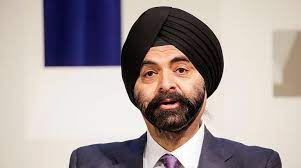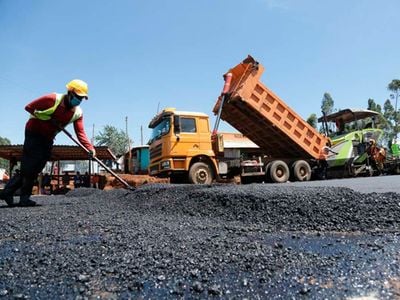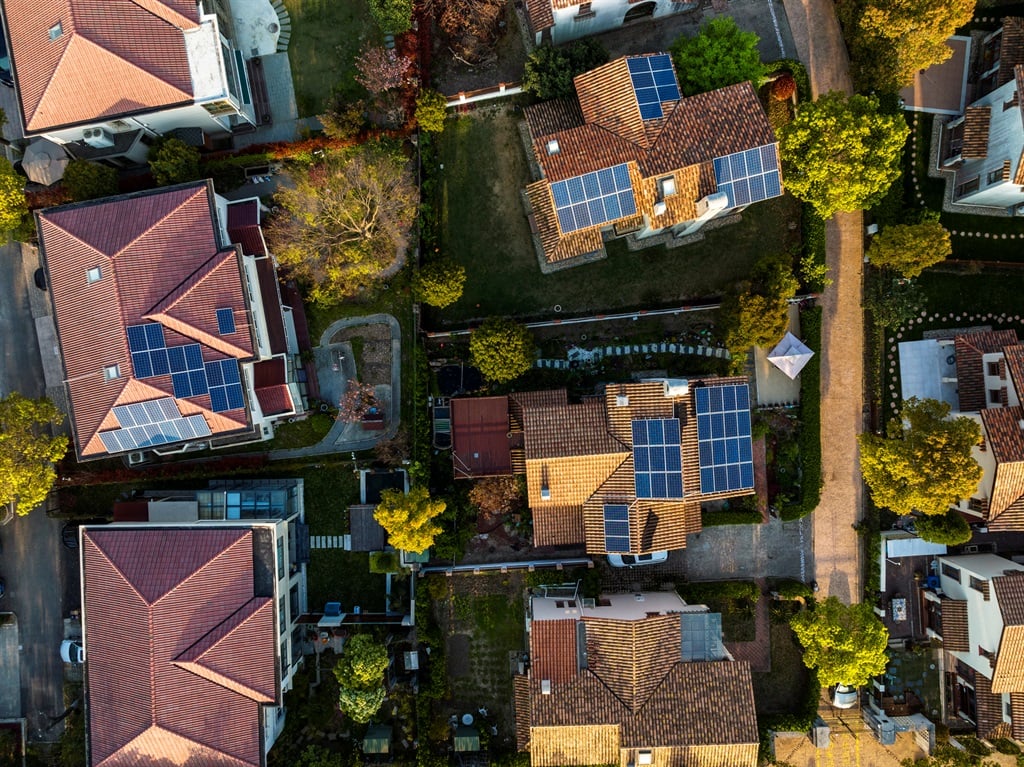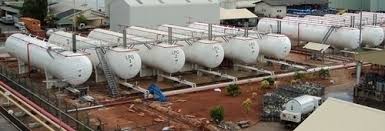The High Court in Pretoria has ordered Transnet to share confidential information with Sasol, which will assist the synthetic fuel company in its bid to defend a R815 million claim against it.
A raft of documents must be made available to Sasol within 15 days. These contain commercially sensitive information, including data on the costs, revenue and resources associated with operating its petroleum pipelines, and in particular the crude oil pipeline from Durban to Sasolburg.
Sasol will use the information to plead its case while the court tries to get to the bottom of a tariff dispute between Transnet, Sasol, TotalEnergies, Natref and the National Energy Regulator of South Africa (Nersa).
Transnet has hauled the oil companies to court over short-payment in tariffs for the use of the crude oil pipeline from Durban to Sasolburg for the period spanning December 2020 to May 2023.
Transnet billed the two for pipeline tariffs in line with the maximum tariff set by Nersa. But Sasol and Total did not pay the full amount, arguing that Transnet is obliged to come to an independent decision which considers mitigating factors that may justify a discounted price.
For example, Sasol contends that charging a lower tariff for use of the crude oil pipeline would be fair because the cost of running the line is far lower than that of the state-of-the-art multi-product pipeline, to which the same tariffs are applied.Transnet says it is owed R1.3 billion by the two parties R815 million by Sasol and R461 million by TotalEnergies.
The dispute arises in the absence of a tariff agreement between the parties.
A previous long-term agreement which was originally established in 1963 and reflected the apartheid eras energy-security imperatives (although it was later amended) was terminated in 2020.
Although the parties had taken Transnet to court over this, the Constitutional Court in mid-2022 found the SOE was entitled to scrap the agreement.
Following the termination of that arrangement, a new one has not been put in place.
Sasol and TotalEnergies want the court to rule on what a just and equitable tariff is. Alternatively, the companies want the court to remit the matter back to Transnet for reconsideration. Transnet maintains a just and equitable amount is the full maximum tariff, as was charged.The court agreed that certain commercially sensitive information needed to be made available if the matter were to be properly assessed.
'The trial court would be obliged to consider evidence that undermines Transnet's claim that the charges are fair and just. Sasol would be entitled to present evidence on the factors it asserts should be considered by the court before imposing those charges. These may be the same factors that Transnet ought to have considered if it had made a lawful decision,' the court said in its judgment. 'This evidence will influence whether a charge lower than the Nersa-set maximum tariff should have been charged. The documents will shed light on the materiality of the considerations.' The dispute is a side issue which will go to trial in July this year. In the main matter, which currently before the courts, Sasol Oil claims Transnet breached the contract (prior to its termination) and owes the company R3.5 billion in overcharges. TotalEnergies is also part of that case and seeking a refund.











